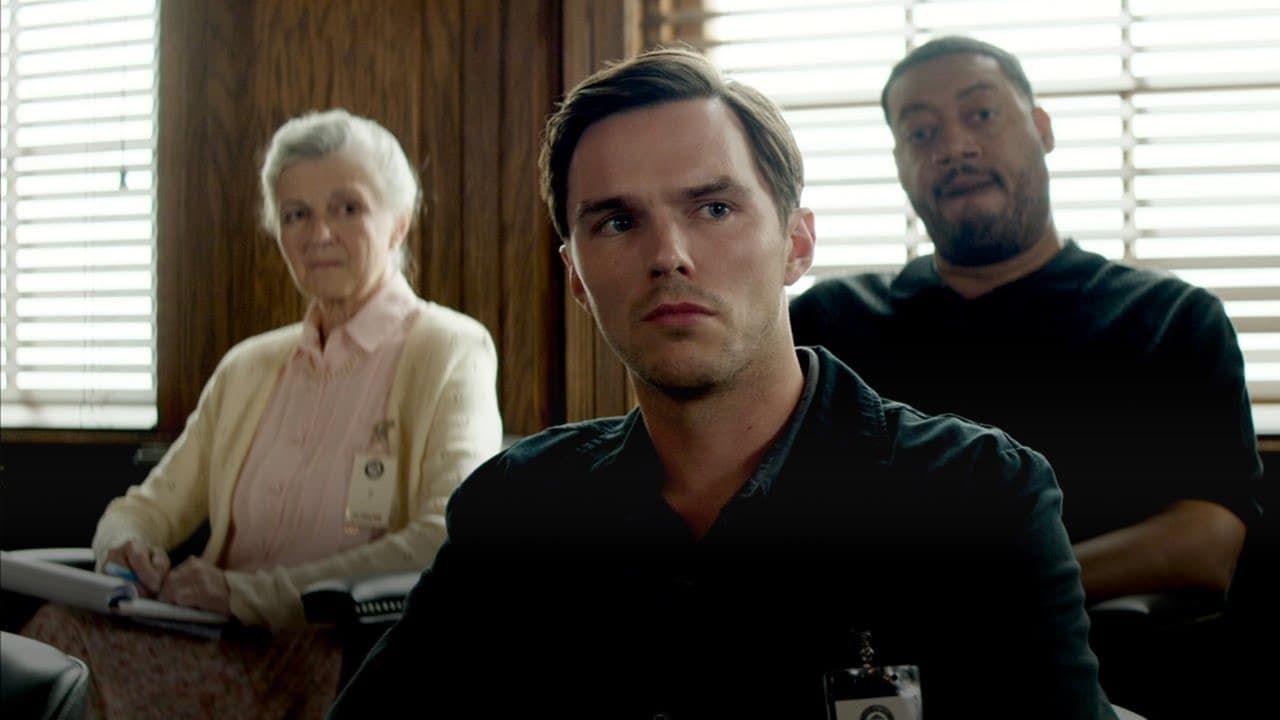'Pirates' and 'Baywatch' Can't Save This Summer's Crappy Box Office
Gosh, what kind of summer are we in for when a five-quel and an adaptation of a quarter-century-old TV series can't rake it in at the box office?
Memorial Day weekend used to be the start of the summer movie season; now it's just another warm-weather weekend where would-be blockbusters just manage to skate by.
Take Disney's "Pirates of the Caribbean: Dead Men Tell No Tales." It won the weekend with an estimated $62.2 million debut from Friday to Sunday, and $76.6 million over the four-day holiday stretch. That is shy of the $80 to $100 million the film hit tracking with weeks ago.
Action comedy "Baywatch" fell short of expectations as well. Despite what The Rock says on Twitter, the numbers say that clearly critics weren't the only ones not having any of this. Pundits -- and Paramount -- had originally predicted somewhere near $40 million for the three-day span, and close to $60 million for the holiday. Instead, its three-day debut was just an estimated $18.1 million, settling for third place behind "Guardians of the Galaxy Vol. 2," which managed to pull in almost $20 million even though it's been in theaters for four weeks. It's looking at a four-day holiday weekend of $22 million, which kills any plans for this would-be franchise.
"Pirates" is another victim of franchise fatigue. The third installment, "Pirates of the Caribbean: At World's End," did more than twice the business on Memorial Day a decade ago. In fact, the $139.8 million it debuted with in 2007 remains a Memorial Day weekend record. Nearly four years later, in May 2011, "Pirates of the Caribbean: On Stranger Tides" opened to $90 million. Six years after that, the franchise seems to be suffering a serious case of diminishing returns.
But then, that's typical for what's been a soggy summer so far at the box office. "Guardians" has been the only highlight; no other summer 2017 release has yet earned as much as the new "Pirates" did in just three days. Last May, hits like "Captain America: Civil War," "X-Men: Apocalypse," and "The Angry Birds Movie" helped kick off the summer with a $926 million month; this May is on track to trail that amount by $200 million or more.
What lessons can we learn from this weekend's wide-release debuts? Here are four:
1. Know Your Audience, Hollywood
In the case of "Pirates," the audience seems to be aging along with the franchise. Some 63 percent of the new movie's audience was over 25. For a brand as tied-in with merchandising and theme-park rides as "Pirates," the films really need to attract a younger, toy-buying audience.
For "Baywatch," the filmmakers and marketers made the curious choice of targeting women more than men, emphasizing the eye-candy provided by the male lifeguards, the old "Baywatch" show targeted a male audience by squeezing actresses like Pamela Anderson into those famous one-piece red swimsuits. Then again, who under 25 even remembers the show?
The filmmakers apparently figured that, to update it for the big screen, they had to treat "Baywatch" with irreverence and turn it into a raunchy, R-rated comedy that old-school fans wouldn't recognize, a trick that worked with "21 Jump Street." But the new "Baywatch" seemed designed to the old fans without giving them, or the young males who tend to drive summer movie traffic, something to look at. So, then, who was this movie for?
2. Few Movies Are Critic-Proof Anymore
Over the past 15 years, the internet has so devalued movie criticism that there are hardly enough professional critics left to provide a decent sample for a Rotten Tomatoes rating. And yet, it's also the internet, through online advance ticket purchase sites like Fandango, that have made that diminished critical voice powerful again. This weekend's new movies are a case in point.
In fact, moviegoers who saw "Pirates" and "Baywatch" liked them well enough, based on the A- grade they gave the former at CinemaScore and the B+ grade they gave the latter. But to earn those grades, the movies had to attract paying customers first. And many of those who would have bought advance tickets online were likely discouraged by the negative reviews posted at the purchase sites -- just a 32 percent Rotten Tomatoes score for "Pirates" and a dismal 19 percent "Rotten" for "Baywatch." After all, the older audiences that make up the base for both films are the viewers who still care what critics think.
Studios would rather have no reviews than reviews like these. (Indeed, that's why they often release horror movies without screening them for critics.) But until the studios figure out how to do without the publicity value of advance reviews -- or until the last newspaper lays off the last movie critic -- they're going to have to live with reviews that influence at least some ticketbuyers at the point of purchase.
3. Star Power Has Limits
Stars can still sell tickets, but only in the right role. Johnny Depp has been on a cold streak for a few years now, but residual good will that fans have for Depp as Captain Jack Sparrow helps explain why the new "Pirates" did the level of business it did..
On the other hand, not even a star as likable as Johnson was able to sell the confused new "Baywatch." He does well in straight action and action-comedy roles, but anything more complex, or more mature than PG-13, is a tough sell to his base. That's why "Baywatch" was his lowest wide-release premiere since 2013, when he released the R-rated "Pain and Gain" (to a $20.2 million debut) and the convoluted thriller "Snitch" ($13.2 million).
4. There's Still Hope For the Summer -- But Not Much
Some of that is riding on the bare shoulders of "Wonder Woman," who could start rescuing the summer box office next weekend. Most of it, however, comes from overseas audiences. After all, the last "Pirates" was the lowest-grossing of the four movies at home (just $241 million) but the highest grossing abroad ($805 million).
Like that last "Pirates," the new one is also earning 77 percent of its take from foreign viewers; it's already snatched $208.4 million outside of the United States and Canada. At a reported production budget of $230 million (plus a likely similar number for marketing), it'll have to gross about $1 billion worldwide (before the theater owners take their cut) for this "Pirates" to break even, but "On Stranger Tides" managed to do so, and that was at 2011 ticket prices. (It's more likely that this installment will fall short of that goal and bank $800 to $900 million worldwide.)
As for "Baywatch," it's earned less than $1 million overseas so far, but Paramount has to be counting on foreign viewers to rescue it, too. The show, after all, was an even bigger hit globally than in America, and Johnson's movies tend to earn at least two-thirds of their take abroad. Certainly, it won't be domestic audiences that help the movie recoup its reported $60 to $69 million budget.
Next time, if Hollywood wants the numbers to paint a better -- and more profitable -- picture, they should try making good movies that are worth people's time and money.


Pirates of the Caribbean: Dead Men Tell No Tales









































